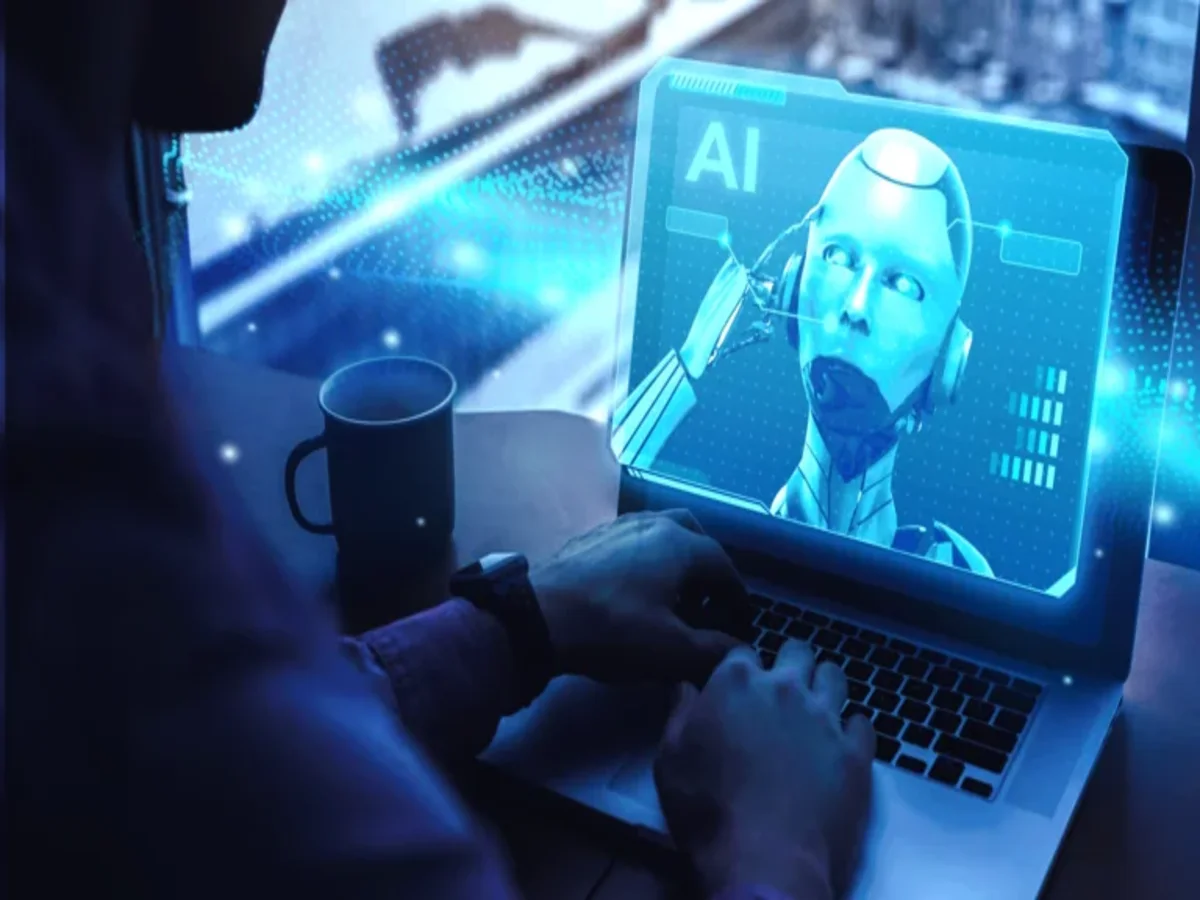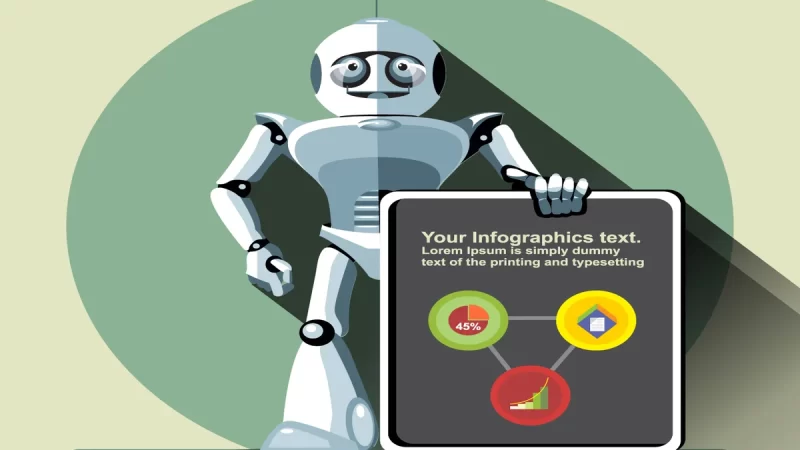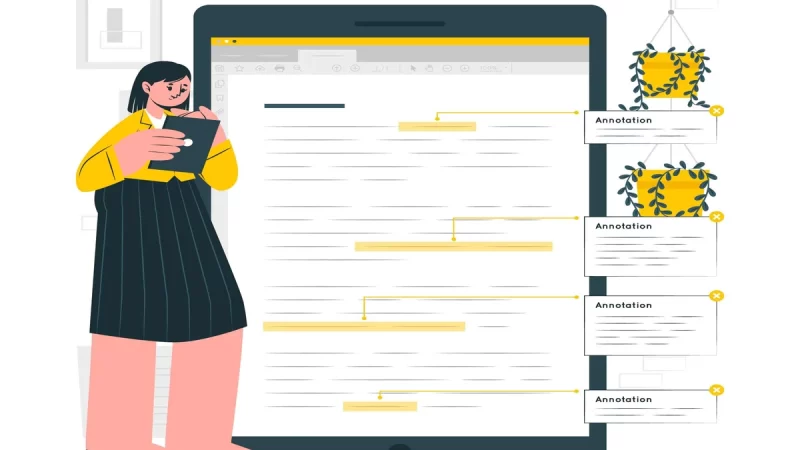All You Need To Know About AI Impact on Human Content Creation Downplayed

Google’s perspective on artificial intelligence (AI) within content creation signifies a transformative shift in the creative landscape, redefining the role of human creators while presenting novel opportunities and challenges.
AI as a Catalyst, Not Replacement
AI’s integration into content creation isn’t about replacing human creativity; instead, it acts as a catalyst, enhancing and streamlining the creative process. It empowers creators by automating repetitive tasks, enabling deeper data analysis, and offering innovative insights, thereby freeing up time and mental bandwidth for more nuanced and imaginative pursuits.
Personalization and Optimization at Scale
One of the most striking impacts of AI on content creation is its ability to personalize and optimize content at scale. Through advanced algorithms and machine learning, AI can analyze vast amounts of user data to understand preferences, behaviors, and trends. This insight fuels the creation of tailored content that resonates with specific audiences, enhancing engagement and relevance.
Revolutionizing Content Generation
Moreover, AI technologies like natural language processing (NLP) and generative algorithms have revolutionized content generation. They can produce articles, scripts, or even music, mimicking human-like fluency and creativity. For instance, AI-driven language models can assist writers by suggesting ideas, improving readability, or even generating rough drafts, serving as a collaborator rather than a replacement.
Challenges and Ethical Considerations
Yet, this synergy between AI and content creation raises ethical concerns. Issues around AI-generated content and intellectual property rights surface as critical considerations. As AI mirrors human styles, questions about attribution and originality become pertinent, necessitating a balance between leveraging AI’s capabilities and upholding ethical standards.
Job Displacement and Skill Requirements
Furthermore, the democratization of content creation through AI raises concerns about job displacement. While AI augments creative workflows, there’s apprehension about its potential to replace certain tasks, leading to a shift in job roles and skill requirements. Nurturing a workforce equipped with both creative prowess and technological literacy becomes imperative to navigate this evolving landscape.
Fostering a Symbiotic Relationship
Google underscores the importance of a symbiotic relationship between AI and human creators. Empowering creators with AI tools, resources, and ethical education ensures responsible and innovative content creation. Collaboration between human ingenuity and AI capabilities paves the way for groundbreaking innovations and resonant creative expressions.
Key Takeaways
Google views AI as a transformative force in content creation, revolutionizing how creators ideate, produce, and distribute content. While AI amplifies efficiency, personalization, and scale, its integration necessitates ethical considerations and a reevaluation of skill sets. Embracing AI as a complementary tool rather than a substitute underscores the potential for unprecedented creativity and impact in the dynamic landscape of content creation.
FAQs:
AI enhances content creation by automating tasks, personalizing content based on data analysis, generating text, suggesting ideas, improving readability, and offering insights through advanced algorithms and machine learning.
No, AI doesn’t replace human creativity but acts as a tool to augment and streamline the creative process. It assists in tasks, provides insights, and collaborates with human creators to enhance their output.
Ethical concerns include issues of attribution, intellectual property rights, and the potential for AI to mimic human styles without proper acknowledgment. Balancing AI’s capabilities with ethical standards is a key consideration.
AI augments workflows but may lead to a shift in job roles and skill requirements. While some tasks might be automated, there’s a growing need for individuals with creative abilities coupled with technological literacy.
Creators can use AI responsibly by understanding its capabilities, ensuring transparency in AI-generated content, upholding ethical standards, and embracing AI as a tool to enhance, not replace, human creativity.







